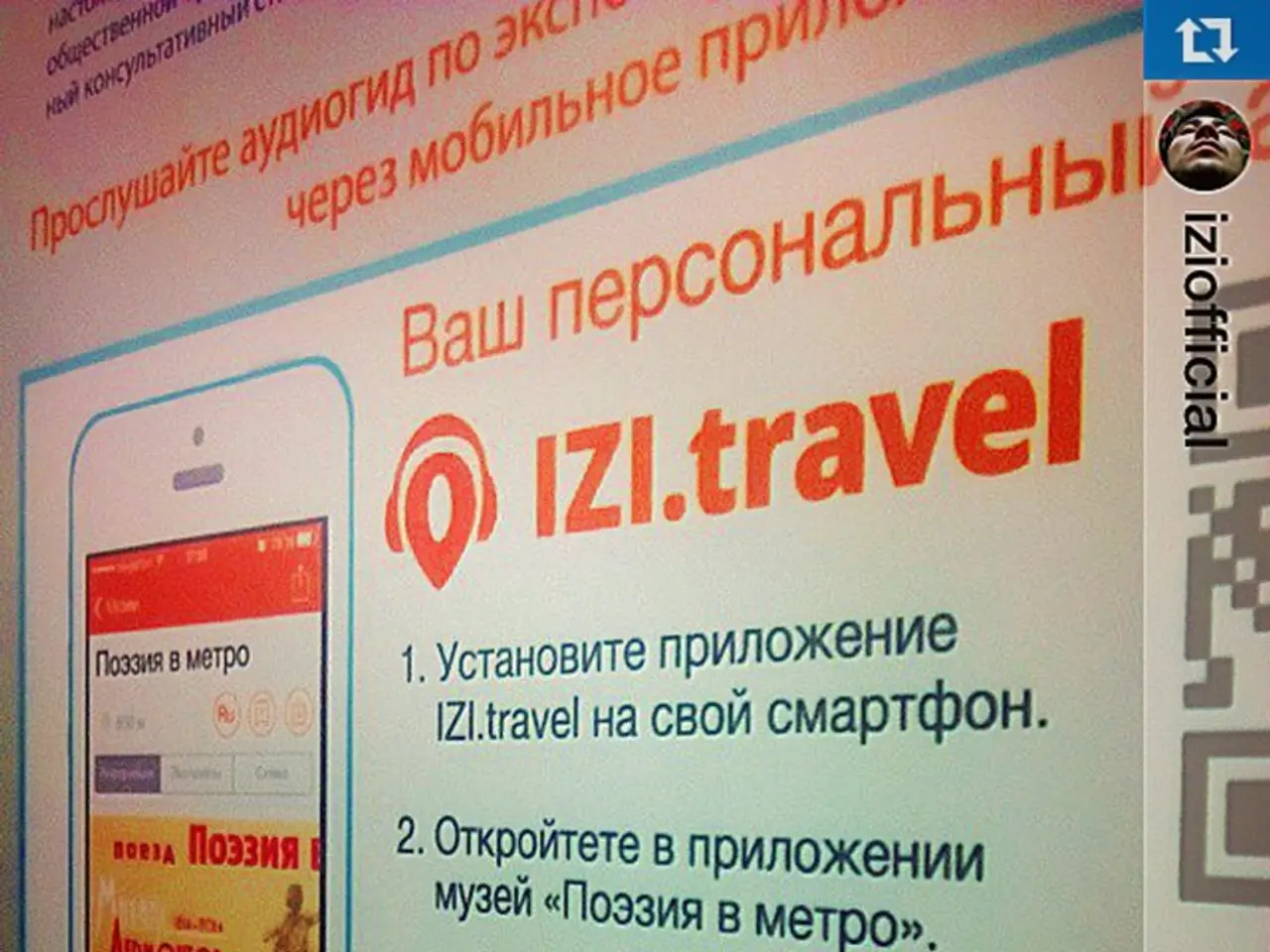Emergence of Influential Grassroots Political Campaigning
In the rapidly evolving digital landscape, a new player has emerged in the realm of political marketing: the political micro-influencer. This article delves into the growing importance and capabilities of political micro-influencer marketing, a strategy that leverages smaller social media influencers to reach and persuade voters.
The surge in political micro-influencer marketing can be attributed to two primary factors. First, the increasing polarization in politics has led to a growing trend of people using social media for news and information. Second, the rise of micro-influencer marketing, a type of influencer marketing that focuses on working with smaller influencers with a more engaged following, has provided a cost-effective avenue for political campaigns to reach large audiences.
Micro-influencers, typically having between 1,000 to 100,000 followers on platforms like Instagram, Twitter, and YouTube, possess a devoted following that can sway public opinion by sharing their endorsements. These influencers can reach voters without spending much money and often have very loyal followers who trust what they say. Engaging micro-influencers early in a political campaign builds trust, ensures consistent messaging, and allows for sustained audience engagement.
However, political micro-influencer marketing is not without its challenges. Campaigns must navigate issues such as platform algorithm opacity, "media fatigue" from overexposure, and risks of inauthentic or manipulative messaging. There are also concerns about coordinated influence operations and the need for campaigns to monitor and counter adversarial actors such as bots.
Despite these challenges, the potential reach of political micro-influencer marketing is significant. Influencer marketing campaigns targeting elections have reached tens of millions of users by mobilizing micro and macro influencers to share politically engaged content. This indicates that if influencers align politically and demographically with the campaign’s target, they can deliver more targeted and trusted messages than traditional ads.
To effectively leverage political micro-influencers, campaigns must adapt content to specific platform cultures and algorithms, ensuring it feels authentic and carries clear messaging. New frameworks, such as MIAC (monitor, identify, assess, counter), utilize AI and data analysis to optimize influence campaigns by understanding network dynamics, identifying adversaries, measuring effectiveness, and deploying targeted interventions at scale.
As the future unfolds, political micro-influencer marketing may involve greater use of data-driven targeting, AI-powered audience insights, and integration with interactive content formats. Micro-influencers can also combat political misinformation by sharing verified information and encouraging critical thinking within their communities.
In summary, political micro-influencer marketing is growing in importance and capability but requires sophisticated, platform-specific, and authenticity-driven strategies to be truly effective. While campaigns have begun to tap this vast potential, achieving measurable success involves overcoming challenges around content virality, fatigue, and digital adversarial activity.
For those interested in identifying and targeting political micro-influencers, assistance is available. By filling out an online form or calling 91 9848321284, you can reach out to a service that specializes in helping political campaigns connect with the right micro-influencers.
References:
- New York Times
- Fohr
- MIT Technology Review
- The Guardian
- Harvard Kennedy School
- Political micro-influencers, with their deep engagement on social media platforms like Instagram, Twitter, and YouTube, can help political campaigns reach and persuade voters in a cost-effective manner.
- Navigating issues such as platform algorithm opacity and the risk of inauthentic or manipulative messaging is crucial for successful political micro-influencer marketing strategies.
- Embracing AI-powered audience insights, data-driven targeting, and interactive content formats can be key to leveraging the potential of political micro-influencers in the future.
- Political micro-influencers can combat political misinformation by sharing verified information and encouraging critical thinking within their communities, making them valuable partners for political campaigns as well as general news and entertainment outlets.







